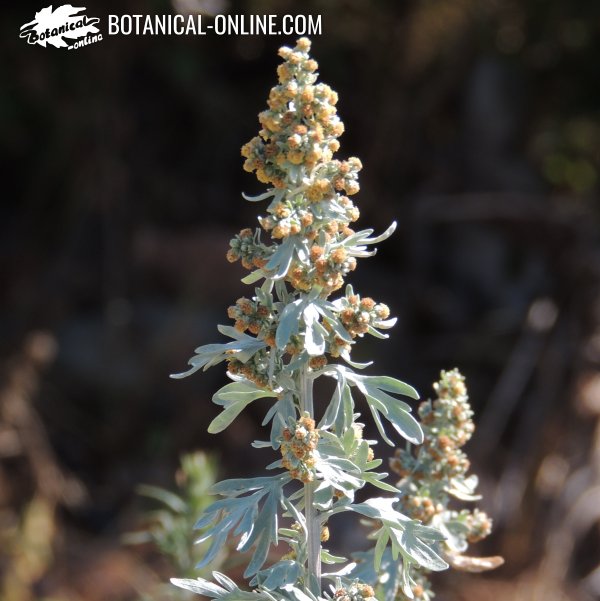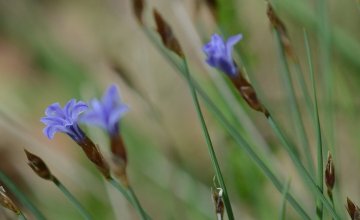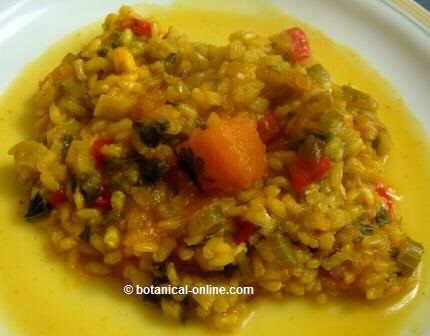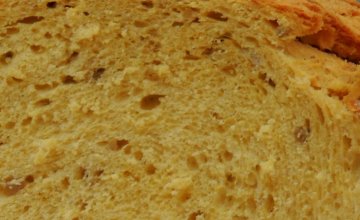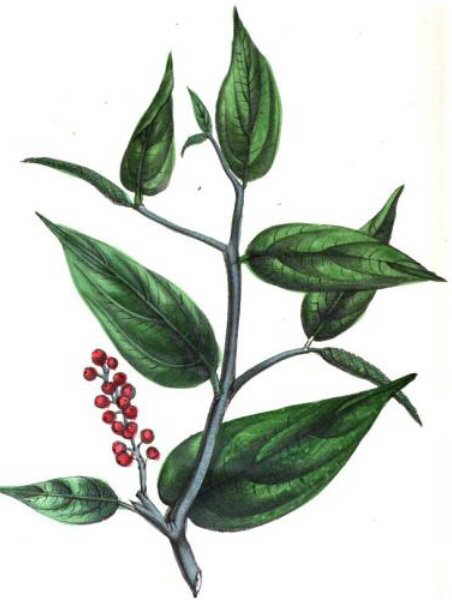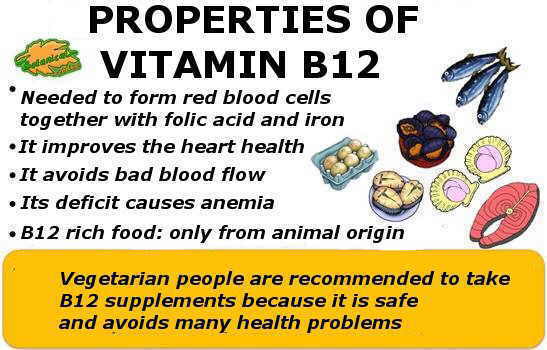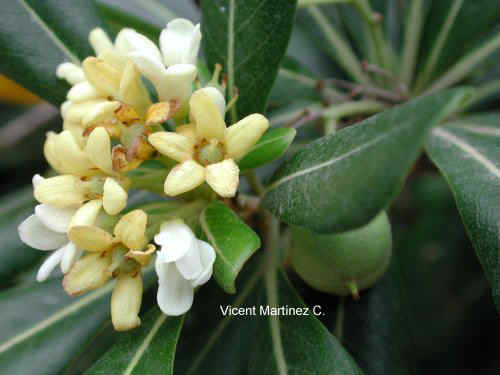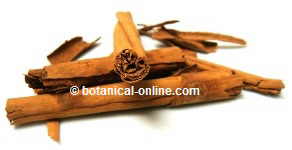Contents
What is watercress good for?
What is watercress?
Watercress (Nasturtium officinale) is a vegetable.
They have a light green stalk that ends in one or more bright green leaves.
They are quite similar to corn salad (Valerianella locusta). To distinguish it visually we should look at the stems of watercress are not so united.
In addition they also have another difference, which is the taste. Corn salads are softer that watercress. The last ones have a very intense bitter taste.
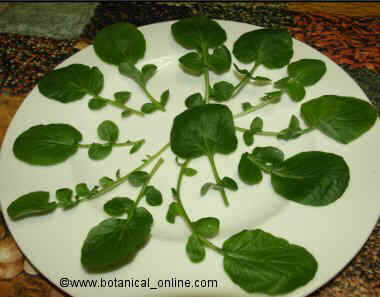
Photo of watercress leaves
What are the main nutrients of watercress?
As an energy source, 100 grams of watercress give us 11 kcal.
Its proportion of nutrients is divided into:
- More than 95% is water.
- A 0.1% fat.
- A 2.3% proteins.
- Close to 1.3% carbohydrates.
- A 1.5% fiber.
Watercress is rich in potassium, calcium and magnesium, but they also contain smaller amounts of phosphorus, iron, zinc, sodium, manganese, copper and selenium.
Referring to their vitamins content, they are rich in vitamin A. They also contain significant amounts of vitamin C, vitamin E and vitamin B9, among other B vitamins.
Watercress composition
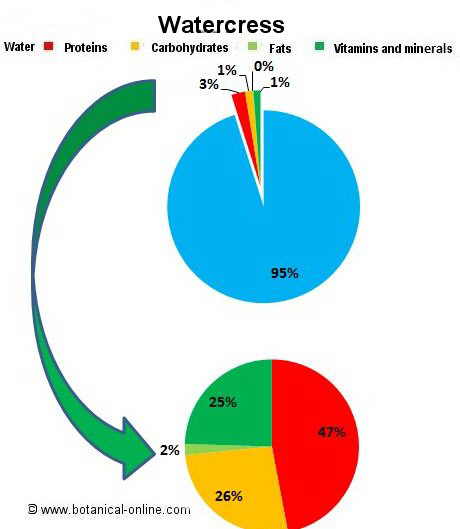
Nutritional characteristics of watercress
- It has a very high water content.
- It provides little energy.
- It contains very little fat although a high quality one and with many health benefits.
- It has a high protein content.
- It is low in carbohydrates, especially starches.
- It is low in fiber.
- It helps to remove toxins from our body, because it contains potassium.
- Because of its calcium content, it maintains the balance of the formation of strong bones.
- Because of its magnesium content, it helps the contraction and relaxation of muscles.
- For its vitamin B9, it helps us to grow properly.
- It protects the skin and helps us to keep it healthy, because it contains vitamin A.
- It protects us from colds and helps heal wounds, because it contains vitamin C.
- It protects us from the toxins and aging, because it contains vitamin A, C, E, zinc and selenium.
Watercress in the kitchen:
![]() More information about other foods and nutrition.
More information about other foods and nutrition.
| *Related information: More information about watercress |

